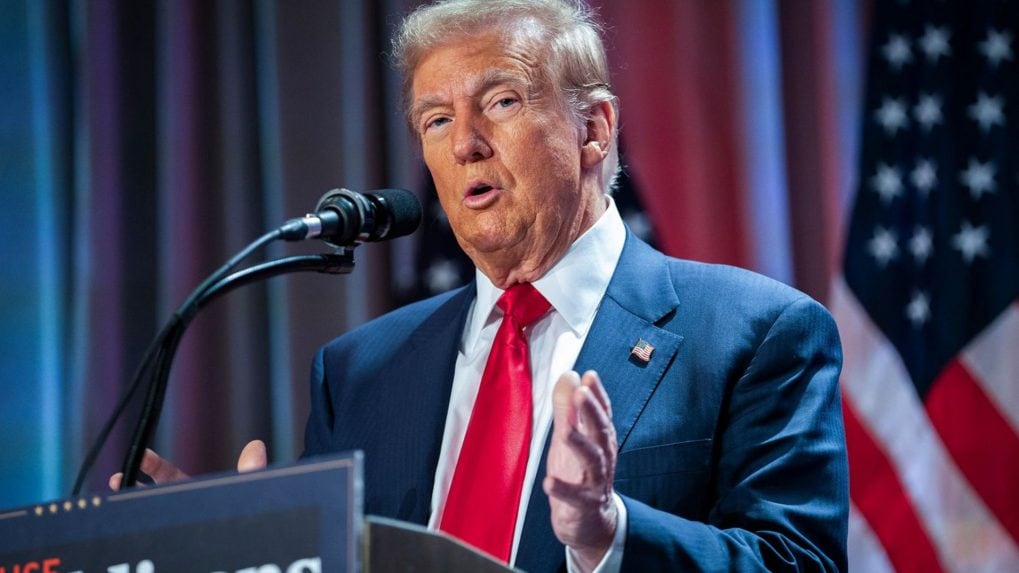Digital
Why OpenAI is hiring 100 ex-bankers: Inside the ChatGPT-maker's secret project to automate Wall Street's grunt work

The U.S. Court of International Trade blocked his sweeping tariffs on imports in a ruling on Wednesday, declaring that the president had overstepped his constitutional authority, reported Reuters.
A three-judge panel unanimously concluded that Trump's broad-based tariffs, implemented since January under the International Emergency Economic Powers Act (IEEPA), were unlawful. The Court emphasized that the U.S. Constitution grants Congress sole authority over international commerce, a power not superseded by the president's emergency powers.
The ruling immediately invalidated all across-the-board tariff orders imposed by Trump under the IEEPA, though industry-specific tariffs on automobiles, steel, and aluminum - enacted under separate statutes remain unaffected, the report added.
The Trump administration swiftly challenged the ruling by filing a notice of appeal, arguing that trade deficits constitute a genuine national emergency.
“It is not for unelected judges to decide how to properly address a national emergency,” White House spokesperson Kush Desai said in a statement, and underscored the administration’s belief that trade imbalances have harmed American communities and weakened national defense.
Markets reacted positively to the court's decision, with the U.S. dollar gaining against major currencies including the euro, yen, and Swiss franc. Wall Street futures and Asian stock markets also rose following news of the ruling.
The ruling arose from two lawsuits - one filed by five small businesses represented by the nonpartisan Liberty Justice Center, and another by a coalition of 12 states. The businesses claimed that the tariffs severely disrupted their operations, while Oregon Attorney General Dan Rayfield, representing the states, labelled Trump's tariff actions as "unlawful, reckless, and economically devastating."
Also Read: 'India doing very well, increase manufacturing in America': Donald Trump tells Apple CEO Tim Cook
The ruling, if upheld on appeal, could dramatically disrupt Trump's broader trade strategy. Without the leverage of substantial tariffs, the administration may be forced to adopt slower negotiations or find alternative means to pressure major trading partners, including China and the European Union.
The Trump administration has 10 days to issue new orders reflecting the permanent injunction. The administration's appeal will be heard by the U.S. Court of Appeals for the Federal Circuit, with potential review by the Supreme Court, the report added.
In a wide-ranging interview with Storyboard18, Sorrell delivers his frankest assessment yet of how the deal will redefine creativity, media, and talent across markets.